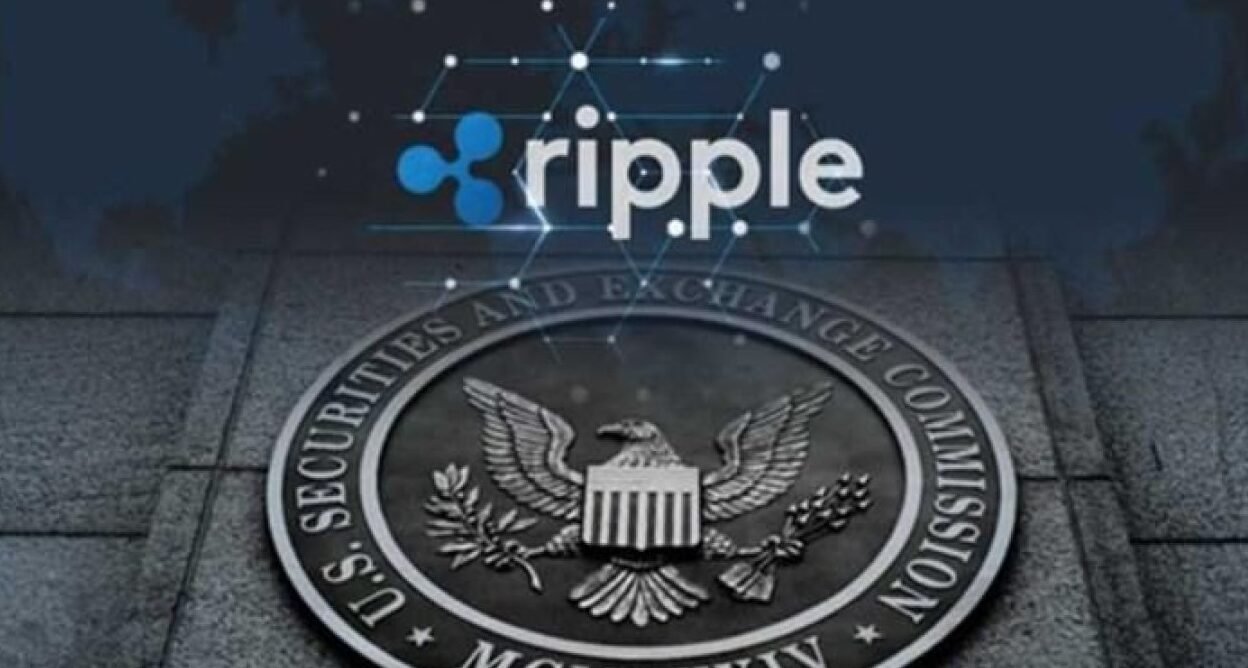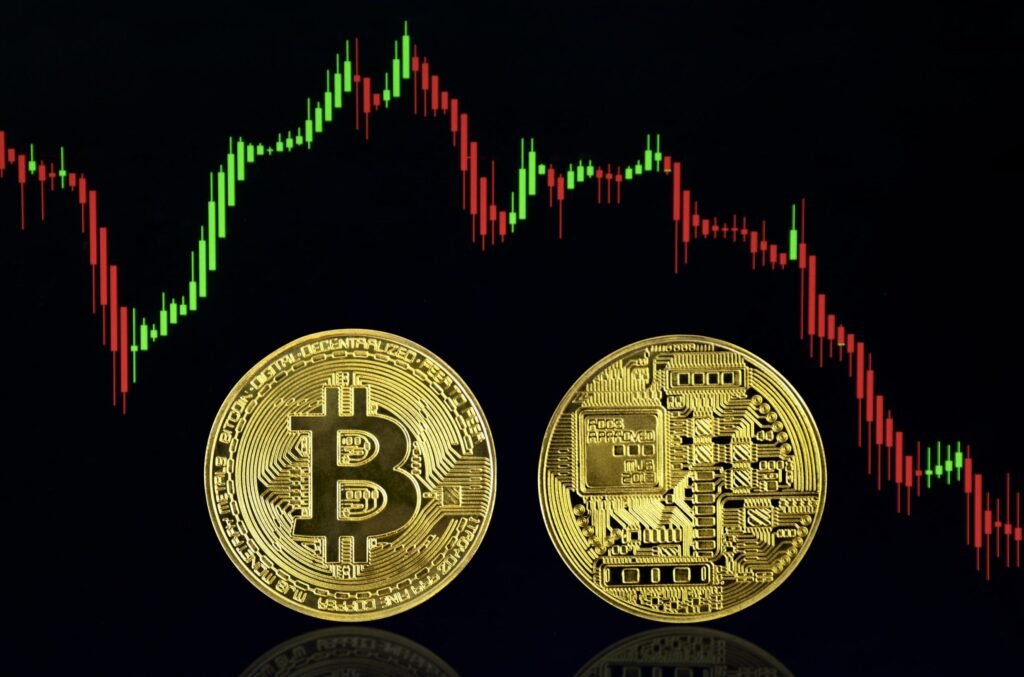Ripple legal dispute Bitcoin ETFs. While Bitcoin (BTC) shows stability despite the changing patterns surrounding Bitcoin’s price, Exchange-Traded Funds (ETFs), the cryptocurrency industry is seeing notable developments as a fresh court filing in the continuous Ripple dispute rekindles interest in XRP’s legal standing. With possible effects on the future of digital assets, these two critical events are attracting interest from market analysts, legislators, and investors.
Ripple’s SEC Legal Dispute
Currently engaged in a well-publicized legal dispute with the U.S. Securities and Exchange Commission (SEC), Ripple Labs—the developer of the cryptocurrency XRP—is at the center of the argument over whether XRP belongs under security classification. According to the SEC, Ripple’s XRP sales represent an unregistered securities offering, which might result in significant fines and changes in government digital asset handling.

A recent court case has attracted fresh interest in this matter and caused mixed feelings among bitcoin players depending on the outcome. Important information in the file could affect the case’s result and maybe set standards for future SEC regulation of other cryptocurrencies. Investors and legal professionals eagerly observe the proceedings since the court’s ruling can significantly affect Ripple’s business and digital asset regulatory environment.
The matter is important not only for Ripple but also for the whole Bitcoin sector. Classifying XRP as a security or commodity will significantly impact how other cryptocurrencies are controlled in the United States. XRP’s price has been erratic due to this continuous legal drama. Many speculate that the result would offer a much-needed boost or bring about more losses for the token.
Bitcoin ETF Growth
While Ripple struggles legally, institutional investors, mainly via Bitcoin Exchange-Traded Funds (ETFs), have been stabilizing Bitcoin. Investors can use Bitcoin ETFs to expose themselves to the asset without personally acquiring and keeping it, particularly among institutional investors looking to join the crypto market without the complications of handling digital wallets and private keys. These financial instruments have become somewhat well-known.
The introduction and later acceptance of various Bitcoin ETFs in recent years have helped maintain the stability of Bitcoin prices. With assets in Bitcoin ETFs rising notably in 2024, institutional demand in Bitcoin ETFs has exploded. Data indicates that institutional investors raised their shares in Bitcoin ETFs to $38.7 billion in the fourth quarter of 2024 alone. The level invested more than quadrupled from the previous quarter. This increase emphasizes the increasing belief of conventional investors in the long-term worth of Bitcoin as a wealth accumulator and inflation hedge.
Ripple and Bitcoin
The Ripple and Bitcoin developments highlight two key aspects of the Bitcoin market: regulation and institutional participation. Ripple’s legal challenge could influence future legislation regarding the SEC’s cryptocurrency classification. A negative verdict for Ripple could reverse the impact and lead to stricter rules for other digital assets. However, a positive outcome could set a good precedent for future initiatives.

Conversely, the steadily expanding Bitcoin ETFs indicate a more conventional, institutional acceptance of cryptocurrencies. The market will probably witness more liquidity and stability as more financial institutions use ETFs to expose themselves to Bitcoin’s Surge. Some estimate a price of $200,000 by the end of 2025. The analysts estimate that the cost of Bitcoin might climb noticeably over the next few years. The rising involvement of institutional investors, who are seen as less likely to participate in speculative trading. That has historically contributed to Bitcoin’s price volatility, driving this optimistic attitude in most parts.
Final thoughts
The legal and market developments around Bitcoin and Ripple reflect the more prominent patterns influencing the cryptocurrency ecosystem. The result of Ripple’s legal case will significantly impact how digital assets are treated going forward. Concurrent with this is Bitcoin’s consistent performance. The expansion of Bitcoin ETFs indicates the increasing institutional recognition of cryptocurrencies as a valid financial instrument. Both incidents highlight the continuous development of the Bitcoin market and the crucial part institutional investment and control will play in determining its direction.


